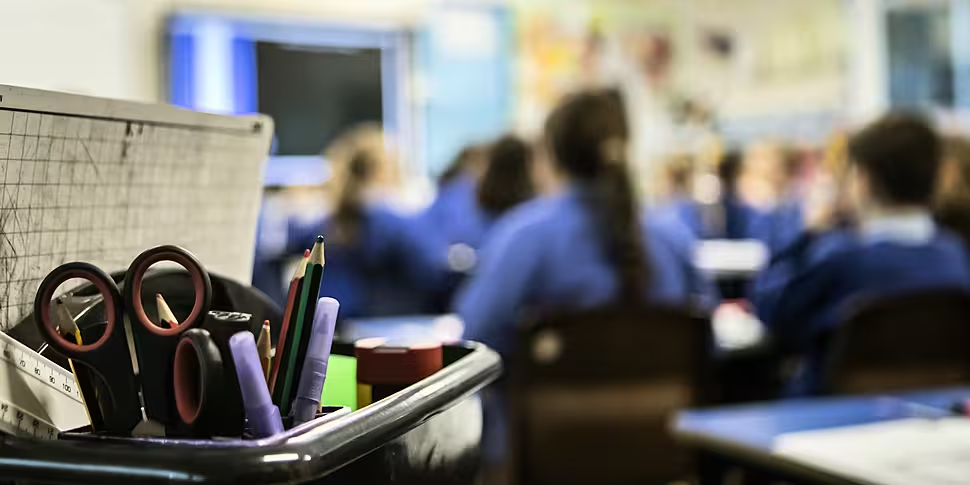The ongoing bickering between unions and the Government is no help to the thousands of young people with special needs who are regressing as schools remain closed.
The Government yesterday performed a dramatic U-turn on its plans to allow in-person special needs education to continue while the majority students learn from home.
The decision was announced after the Association of Secondary Teachers in Ireland (ASTI) directed its members not to cooperate with the Government plans for special needs students and Leaving Cert classes.
Government officials have today been meeting with unions and stakeholders to try and find a way through the impasse.
CONFIRMED: @AsIAmIreland @InclusionIre @DownSyndromeIRL will meet with @NormaFoleyTD1 @Education_Ire at 12:15 Monday. Please let your public representatives know, via our tool below, that we need in-school support for young people with complex needs https://t.co/nXttG9AGJl
— Adam Harris (@AdamPHarris) January 8, 2021
On The Hard Shoulder this evening, the Adam Harris, Chief Executive of the As I Am charity, said representatives of children with disabilities were not involved in today’s discussions and are due to meet with the Education Minister on Monday.
“The one cohort that hasn’t been engaged with today by the Department of Education are those who have a disability and their families,” he said.
“We have an adage in the disability community, ‘nothing about us without us,’ and I think if we are to find a solution that is going to work, groups like As I Am and Disability Ireland need to be at the table.”
"Incredibly tough"
He said things have been “incredibly tough” for children with special needs since the start of the pandemic.
“Many of our young people rely on routine and structure and predictability,” he said. “Obviously, that has been removed and at the same time we have seen a loss of support.
“So, since March 2020 we have had a very ad hoc approach to school for our learners. We know that a majority of children with complex needs are unable to learn remotely and as a result of that, they have lost out on much needed provision.
“Now, I think for most children losing out on a week of school is problematic - it is not ideal - but for our young people, that has significant developmental impacts.
“So, 61% of our young people since the start of this pandemic have lost key skills. Key skills like personal care, communication and interacting with people.
“That has an impact far beyond COVID-19. It has an impact in quality of life across the person’s life cycle.”
Essential service
Mr Harris said Ireland is one of the only countries in Europe that has failed to protect special education as an essential service right through the pandemic.
“It is not acceptable that there hasn’t been enough planning and at the same time we do not accept that it is necessary for special schools or classes to close and the evidence we point to for that is that we are an outlier in Europe in this regard,” he said.
He said public health advice clearly allows for special classes to continue while others are closed.
“We are talking about 18,000 young people who can’t learn otherwise,” he said.
“This resource is the difference between further aggression and suffering or a person having the opportunity to close the gap that has opened over the last year.”
Bickering
He said families of children with special needs have “very much pulled on the green jersey” throughout the pandemic and the arguing between Government and stakeholders in recent days has done nothing to help them.
“We don’t have time for that,” he said. “What we need to see instead is for the adults in the room to come up with a solution that allows us to do it. Something that two hours up the road in Northern Ireland is already taking place.”
He said all stakeholders need to be “very clear” that special education is an essential service that must be prioritised.
You can listen back here:









